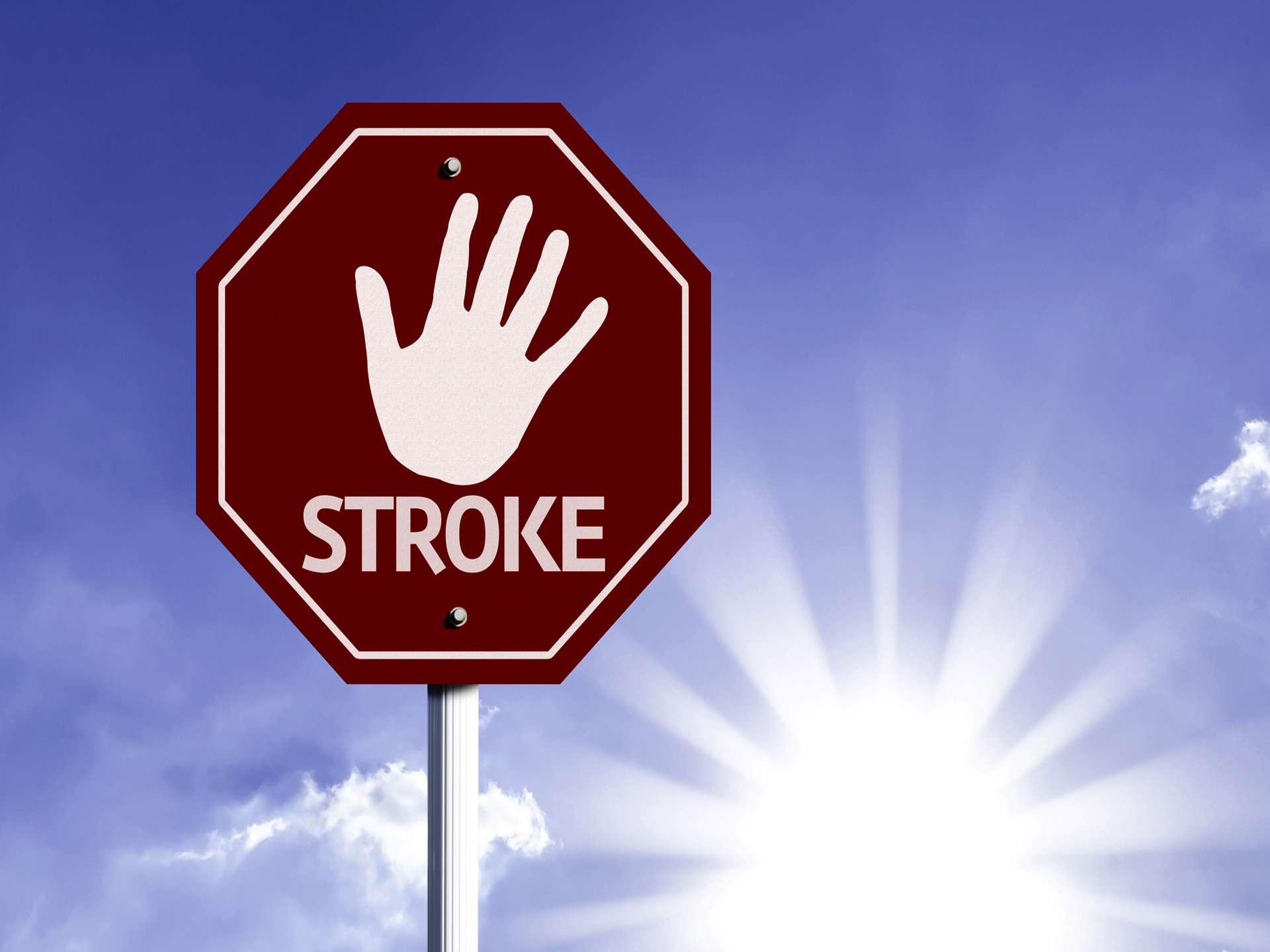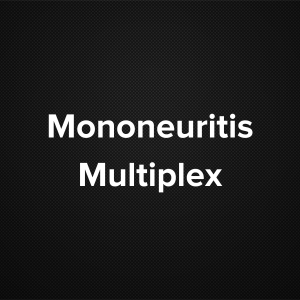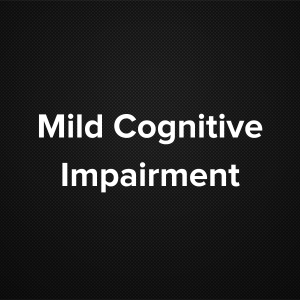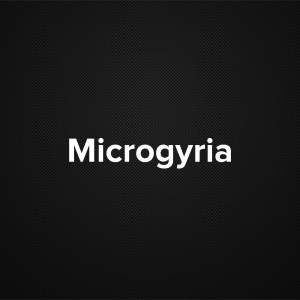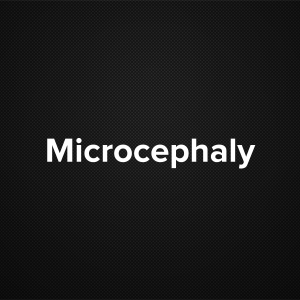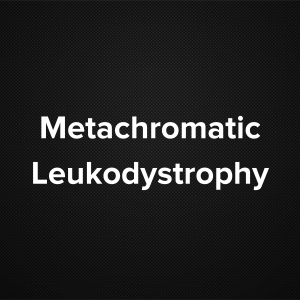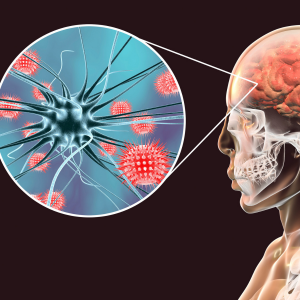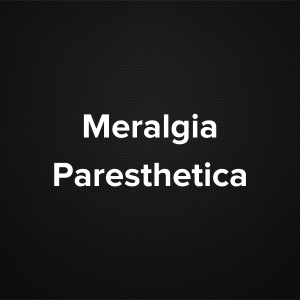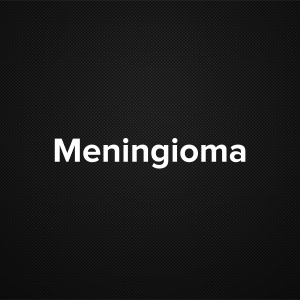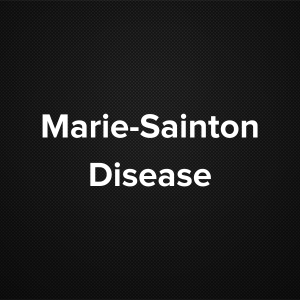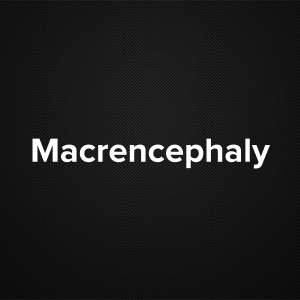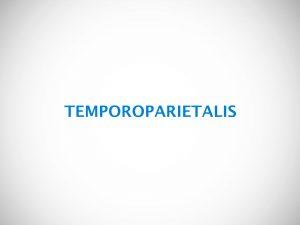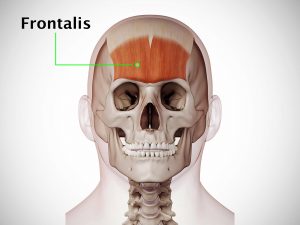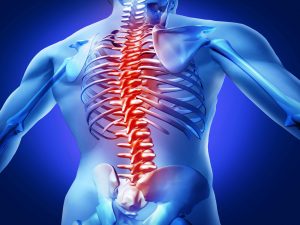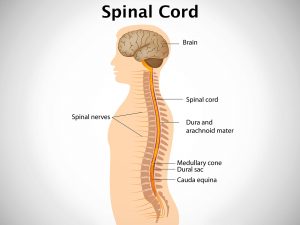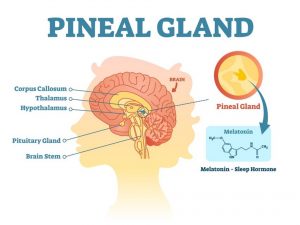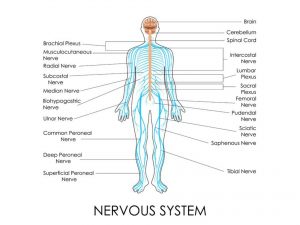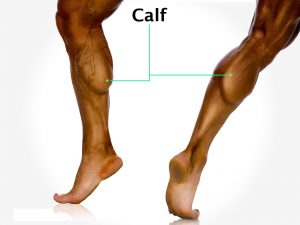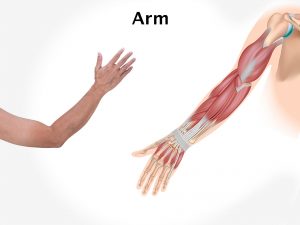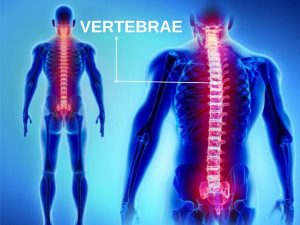Causes and risk factors:
The most common cause of stroke is narrowing or blockage of the arteries which supply the brain (ischemia). These blockages can be caused due to formation of clots. Leakage and rupture of the blood vessels (Hemorrhage) which supply the brain is the other common cause of stroke. Hypertension, aneurysm and trauma are certain predisposing factors which can cause rupture of the blood vessel. Temporary interruption of the blood flow can also lead to stroke; it is called as transient blood stroke. Obesity, stress, sedentary life habits, high blood pressure, smoking, tobacco chewing and certain metabolic diseases like diabetes are certain predisposing factors.
Clinical presentations:
The patients presents with complaints of difficulty in walking and talking, the speech is slurred, on smiling one side of the face droops down. Difficulty in raising one or both the arms, difficult or blurred vision is experienced. Tingling and numbness of extremities or paralysis of one side of the body occurs. Headache, dizziness, vomiting and unconsciousness are the other marked symptoms.
Diagnosis and investigations:
Diagnosis is done on the basis of symptoms narrated by the patient and the examination carried out by the doctor .CT scan and MRI of the brain are the diagnostic investigations in such cases. Along with Routine blood test, blood sugar levels and lipid profile, Echocardiogram, angiograms and carotid ultrasound are the other investigations which can be done.
Treatment:
Stroke is an emergency condition where immediate medical attention is necessary. The patient is hospitalized and is under close monitoring. Aspirin is the immediate drugs of choice.Intravenous injections of tissue plasminogen activators (TPA), Clot bursting drugs, Antithrombotic and anti coagulant drugs can be prescribed. In Severe cases which cannot be managed by medications alone, surgical intervention is required, Hemicranectomy(For hemorrhagic stroke) Carotid endarterectomy and angioplasty(For ischemic stroke) are done. Rehabilitating activities like speech therapy, occupational and physical therapy and support from friends and family needs to be adopted for full recovery. Adopting a healthy lifestyle which comprises of regular exercises, nutritious diet and periodical health checkups are the only preventive steps.
Recent Updates:
A study published in the journal of American Medical Association has revealed that giving stroke patients medications to lower their blood pressure during the first 48 hours after a stroke does not reduce the likelihood of death or major disability.
A research study presented by the American Stroke Association’s International Stroke Conference 2014 showed that suffering an injury to the head or neck increases ischemic stroke risk three-fold among trauma patients younger than 50.
